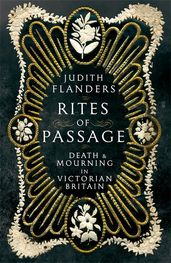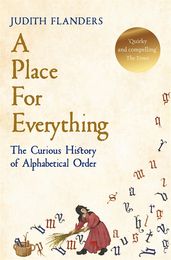Christmas
Judith Flanders
Synopsis
Christmas has been all things to all people: a religious festival, a family celebration, a time of eating and drinking. Yet the origins of the customs which characterize the festive season are wreathed in myth.
When did turkeys become the plat du jour? Is the commercialization of Christmas a recent phenomenon, or has the emphasis always been on spending? Just who is, or was, Santa Claus? And for how long have we been exchanging presents of underwear and socks?
Food, drink and nostalgia for Christmases past seem to be almost as old as the holiday itself, far more central to the story of Christmas than religious worship. Thirty years after the first recorded Christmas, in the fourth century, the Archbishop of Constantinople was already warning that too many people were spending the day not in worship, but dancing and eating to excess. By 1616, the playwright Ben Jonson was nostalgically recalling the Christmases of yesteryear, confident that they had been better then.
In Christmas: A History, acclaimed social historian and bestselling author Judith Flanders casts a sharp and revealing eye on the myths, legends and history of the season, from the origins of the holiday in the Roman empire to the emergence of Christmas trees in central Europe, to what might just possibly be the first appearance of Santa Claus – in Switzerland! – to draw a picture of the season as it has never been seen before.
Flanders covers every aspect of Christmas . . . [Christmas] is . . . a catalogue of colourful information, and as surprising an assortment of items as any you might find heaped up under a tree.Lucy Hughes-Hallett, Observer
A well-researched account. There are more footnotes here than there are presents under a Rockefeller Christmas tree. Indeed, the book is stuffed with facts – enough to satiate even the most ravenous postprandial taste for quizzing.Sunday Times
[An] entertaining biography . . . Following the fine tradition of light entertainment Christmas books, Judith Flanders provides lots of trivia . . . However, there is much more to it than that. Flanders is a respected social historian, best known for studies on Victorian life, and the strength of this warm book lies in its quiet erudition.The Times


